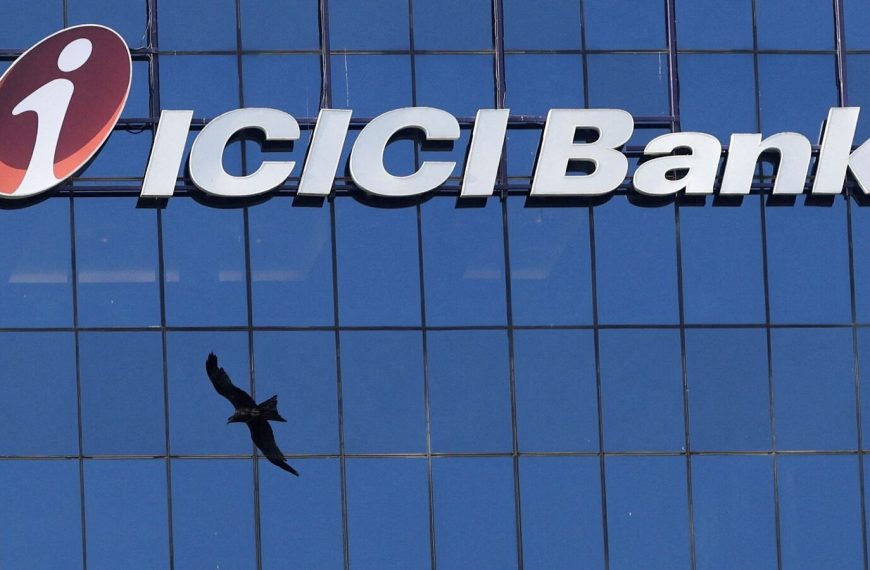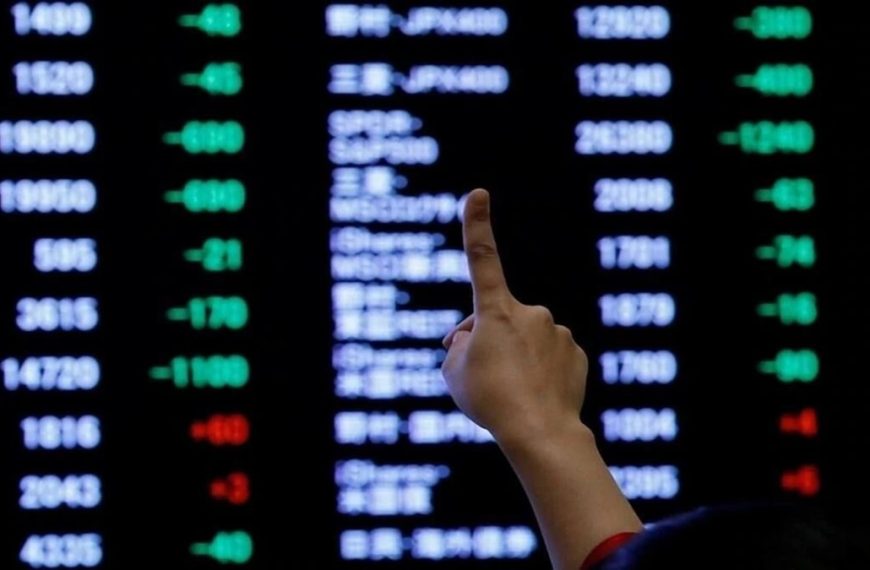Investors are currently navigating a complex landscape marked by economic slowdowns and potential trade tariffs, significantly affecting market dynamics. Amid these challenges, there’s a noticeable shift as traders seek value in Chinese stocks, which are benefiting from a recent surge driven by advancements in artificial intelligence. This trend has reversed the previously anticipated stock migration from China to India, as the latter’s economic growth has reverted to pre-pandemic levels, reflecting a decline in consumer spending.
Economic Challenges and Stock Market Performance
The ongoing economic situation has prompted foreign investors to withdraw a staggering $15 billion from Indian equities this year, putting the market on track to surpass the previous record of $17 billion in outflows recorded in 2022. This selloff has led to a significant loss of $1.3 trillion in market value for India.
According to Anand Gupta, a portfolio manager at Allianz Global Investors, sustained economic recovery and corporate earnings growth are critical for restoring investor confidence. He emphasizes the need for observable increases in consumer spending across both urban and rural sectors, along with positive corporate outlooks.
Valuation Trends in Indian Markets
Currently, India’s benchmark NSE Nifty 50 Index is trading at 18 times forward earnings, a decline from 21 times in September. Despite this reduction, the valuation remains elevated compared to its counterparts in emerging Asia. The latest government reports indicate that India’s economy is expected to grow at a four-year low of 6.5% this fiscal year, with projections suggesting that future growth will lag behind the nearly 9% average observed over the past three years.
Opportunities Amidst Market Uncertainty
Interestingly, some investors are beginning to identify potential bargains amidst the ongoing market turmoil. Mark Mobius, a seasoned emerging market investor, notes that while there are “no clear signs of bottoming,” it remains a favorable time to explore undervalued stocks. He remains optimistic about the Indian market’s recovery and continues to seek out opportunities.
Additionally, the selling pressure from company founders and employees has diminished, with only 4.9 billion rupees (approximately $56.4 million) sold this quarter. This is a sharp contrast to the average sales of 114.3 billion rupees over the last eight quarters, as reported by Nuvama Wealth Management Ltd.
Adjusting Investment Strategies
Julie Ho, a portfolio manager at JPMorgan Asset Management, indicates that her firm is gradually increasing its positions in India as certain stocks begin to appear reasonably valued. However, she cautions that overall market expectations remain high, and broad valuations still seem inflated.
Lingering uncertainties, including potential tariffs from the US and concerns over the US economy heading towards recession, continue to create a cautious atmosphere for foreign investors. Rajeev Thakkar, chief investment officer at PPFAS Asset Management, suggests that while the market may be approaching an attractive entry point, recovery is likely to be slow and dependent on earnings growth.
In conclusion, while challenges abound, astute investors are finding value in the current climate. The evolving dynamics of the market underscore the importance of vigilance and strategic positioning in navigating these turbulent times.











